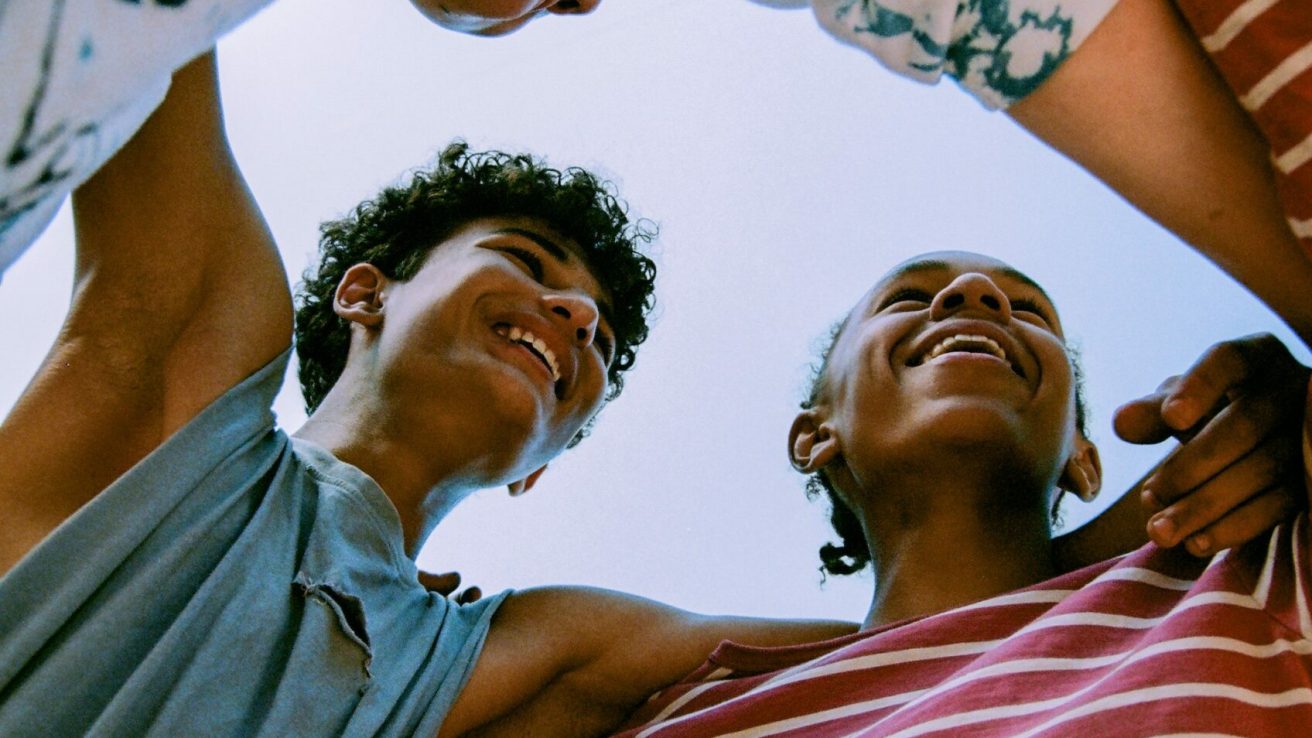Medically reviewed by Dr. Shani Saks, D.O. on Sept. 12, 2023![]()
Ritlecitinib showed good efficacy and safety for alopecia areata treatment in adolescents in this study.
Alopecia areata (AA) is an autoimmune disorder characterized by non-scarring alopecia of the scalp, face, and/or body that is caused by an immuno-inflammatory pathogenic process. Globally, AA has a prevalence of approximately 2%, and research indicates that between 31% and 48% of AA patients exhibit symptoms prior to the age of 20. No approved systemic treatments for these adolescent patients are currently available.
Ritlecitinib, a JAK3/TEC family kinase inhibitor, demonstrated efficacy and satisfactory safety results in the ALLEGRO phase 2b/3 trial in AA patients aged ≥12 years with ≥50% scalp hair loss. A subgroup analysis of the study, published in Pediatric Dermatology, evaluated ritlecitinib in adolescents aged 12–17 years.
Study Population
Of 718 ALLEGRO trial patients, 105 were aged 12–17 years and 54 (51%) were female. The mean age was 14.9 years. A total of 43% had alopecia totalis/alopecia universalis. Patients were randomized to ritlecitinib 50mg or 30 mg (± 200 mg loading dose), 10 mg, or placebo. Baseline characteristics were similar among the groups.
Ritlecitinib Improved SALT Scores in Adolescents With Alopecia
Ritlecitinib demonstrated efficacy in adolescents. At week 24, higher proportions of adolescents in the ritlecitinib ≥30mg groups had Severity of Alopecia Tool (SALT) scores ≤20 and ≤10 (17–28% and 6–28%, respectively) than placebo and ritlecitinib 10mg groups (0%).
At week 48, 20–50% of adolescents in the ≥30 mg ritlecitinib groups had SALT scores ≤20 or ≤10. Forty percent and 33% of adolescents who switched to ritlecitinib 200/50 or 50 mg after initially receiving a placebo demonstrated SALT score ≤20, respectively, and 20% and 33% had a SALT score ≤10, respectively.
A SALT score of ≤20 was demonstrated by 13%, 25%, 50%, and 0% of alopecia totalis/alopecia universalis patients in the ritlecitinib 200/50 mg, 200/30 mg, 50 mg, and 30 mg groups, respectively. The mean change in SALT score from baseline was greater in ≥30mg groups vs. placebo (dose-dependent).
Positive Response in Eyebrow and Eyelash Assessment
Regarding eyebrow and eyelash assessment, a response was demonstrated in higher proportions of patients in the ≥30 mg ritlecitinib vs. placebo groups (eyebrow assessment score: 14–47% vs. 0–14%, eyelash assessment score: 17–62% vs. 0–13%, respectively). Between 45% and 61% of patients taking ≥30mg ritlecitinib showed “moderately” or “greatly” improved responses on the Patient Global Impression of Change scale vs. 10–22% on placebo.
Positive Effects on Hair Loss Scores
Improved scores on the AA Patient Priority Outcome hair loss questionnaire were also demonstrated in more patients on ≥30mg ritlecitinib vs. placebo. No differences were noted in improvement in emotional symptom and activity limitation scores between the ritlecitinib and placebo groups.
Adolescent Tolerance and Safety of Ritlecitinib
Ritlecitinib was well tolerated in adolescents at all doses, and the safety profile was consistent with the total study population. At week 24, adverse events (AEs) were reported in 65%–83% and 79% of adolescents in the ritlecitinib and placebo groups, respectively, the most common being headache, acne, and nasopharyngitis. Two patients discontinued the study drug due to AEs. By week 48, AEs were reported in 67%–83% and 80%–100% of adolescents in the ritlecitinib and the placebo to ritlecitinib groups, respectively. Most were mild to moderate, with three cases of serious AEs. No deaths, malignancies, major cardiovascular events, or opportunistic infections were reported.
Source:
Hordinsky, M., Hebert, A. A., Gooderham, M., Kwon, O. S., Мурашкин, Н. Н., Fang, H., Harada, K., Law, E. H., Wajsbrot, D., Takiya, L., Zwillich, S. H., Wolk, R., & Tran, H. (2023). Efficacy and safety of ritlecitinib in adolescents with alopecia areata: Results from the ALLEGRO phase 2b/3 randomized, double‐blind, placebo‐controlled trial. Pediatric Dermatology. https://doi.org/10.1111/pde.15378









